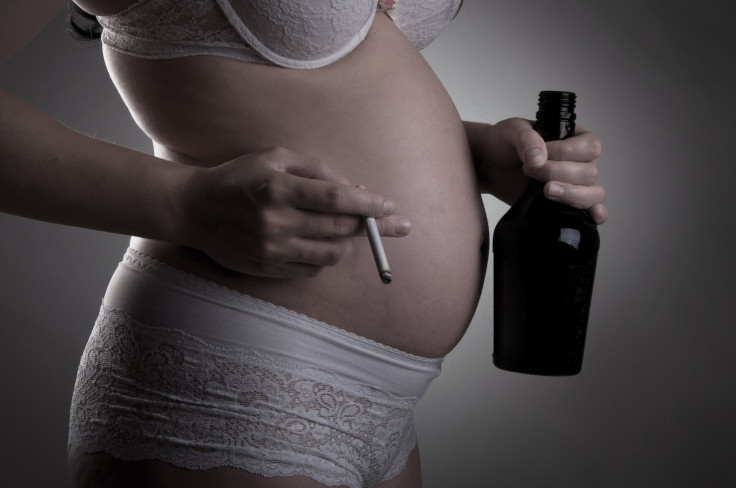Drinking Alcohol During Pregnancy Is Common In The UK, Ireland, and Australia

Despite most clinical and government guidelines advising against it, drinking while pregnant is a relatively common occurrence in the UK, Australia, and Ireland, according to new research. The study, which questioned almost 18,000 women who delivered live babies, assessed the type and amount of alcohol women consumed both before and during their pregnancies.
The research actually compiled and analyzed data from three separate studies — the Growing Up in Ireland study (GUI), the Screening for Pregnancy Endpoints study (SCOPE), and the Pregnancy Risk Assessment Monitoring System (PRAMS).
Twenty to 80 percent of women in the various countries reported drinking at some point during their pregnancies. Researchers broke down the data to determine the prevalence of drinking by country, age, and other factors. Ireland emerged as the country with the highest rates of drinking both before (90 percent) and during (82 percent) pregnancy. The Irish also report the highest rate of binge drinking while pregnant, at 45 percent. These numbers were returned from the SCOPE study, and researchers caution the exact numbers could be significantly lower — data from other studies returned significantly lower estimates (20 to 46 percent for drinking during pregnancy.)
The amount of alcohol drank also varied between the three studies. Between 15 percent and 70 percent of women reported drinking one to two drinks per week during the first trimester. Both the number of reported drinks and the rate of binge drinking dropped significantly in all three countries after the first trimester.
Several factors seemed to be correlated with a higher or lower risk of drinking. Being educated, having other children, and being overweight/obese were associated with a lower risk of drinking during pregnancy. White women were more likely to drink during pregnancy than other ethnicities, and women older than 39 were more likely to drink than their younger counterparts.
The single most consistent predictor of a heightened risk of consuming alcohol during pregnancy was smoking. This correlation appeared across all three studies, and all three countries. Smokers were 17 to 50 percent more likely to drink while pregnant.
"Alcohol use during pregnancy is highly prevalent, and evidence from this cross-cohort and cross-country comparison shows that gestational alcohol exposure may occur in over 75 percent of pregnancies in the UK and Ireland," the researchers wrote.
Most of the women reported drinking only small amounts of alcohol, and during the first trimester. The risks of drinking even a small amount of alcohol are unknown, and researchers say pregnant women would be best advised to avoid the substance altogether.
"Since most women who consume alcohol do so at lower levels where the offspring growth and development effects are less well understood [than at higher levels], the widespread consumption of even low levels of alcohol during pregnancy is a significant public health concern," they concluded.
Source: O'Keefe L. Prevelance and Predictors of Alcohol Use During Pregnancy: Findings From International Multicentre Cohort Studies. BMJ Open. 2015.



























